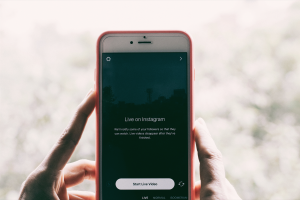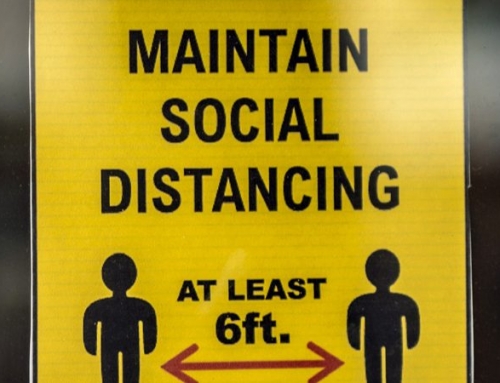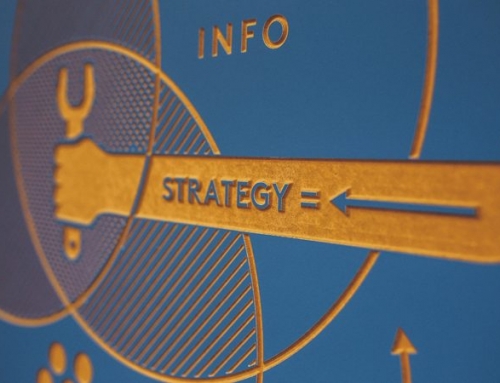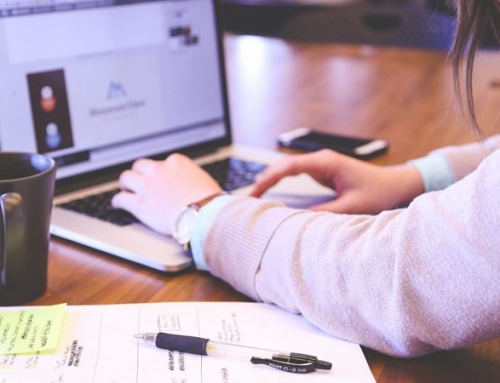Breaking the internet’ doesn’t really involve anything to do with stopping the internet from working. Rather, it expresses a defining moment in social media; a moment when almost everyone in the world, or so it seemed, was talking about a particular online event
Kim Kardashian’s ample derriere might have been the first, but there have been plenty of other moments that claimed to #breaktheinternet since. Beyoncé’s twin announcement, Nicki Minaj’s practically naked ‘Paper’ cover and Selena Gomez’s kidney transplant, to name just a few, have all taken social media by storm. The Webby Awards have even added a category for those deemed to have broken the internet.
As much as we all aspire to break the internet, or at least to dent it a little bit with our carefully crafted social media posts, what does all this say about the world that we’re living in? What’s the real impact of social media and the consequence of everyone being online all the time?
Social media and political issues
How was the last political campaign run in your town or state? Were there well-meaning politicians knocking on your door, handing out leaflets outlining their policies? Or were the real decisions about politics made in a more remote, more isolated fashion?
Social media has opened a new means of communication for politicians. Today, they have the ability to directly connect with their voters from the comfort of their own office. They can reach more voters on YouTube than they could through the TV and, joy of joys, it’s free. Social media has helped the political initiatives of all shapes and sizes find a voice, a platform, and a fan base more easily and cheaply than ever before, and that’s a great thing. Or is it?
What happens when all that goes wrong; when the very essence of what makes social media specialist is used against well-meaning voters to skew opinion and sway voting choices? The election of Donald Trump is perhaps the most meaningful example of how social networks are capable of fundamentally changing beliefs, opinions, and political leanings, giving once marginalized groups a powerful platform for communication.
Social media and business
Commerce has changed beyond all recognition over the past few decades, and such is the social media influence that it’s unusual to find a business in existence that doesn’t have a presence on social channels.
Companies of all shapes and sizes have leveraged people’s need for information to promote their own products, to learn about their consumers and to create a new offering that is more in tune with their audience. Social sharing is seen as an endorsement of a company’s expertise or quality; conversely, a low number of social signals could destroy business credibility.
So, does this mean that the best businesses are getting the most social signals? Or is it more likely that the companies who are best at social media are getting the most social signals? What that implies for us as consumers are up to you to decide, but it’s not painting the healthiest of pictures just yet.
Social media and individual health
With around 40 percent of the world’s population active on social media, dedicating an average of two hours a day to sharing, tweeting, liking and updating, there is inevitably going to be an impact on health. Physical effects of sitting and scrolling for hours at a time are clear to see, as worldwide obesity has tripled since 1975.
Right now, almost 40 percent of the adult population is overweight, and a further 13 percent are obese. More worryingly, 381 million children are overweight or obese, demonstrating a drive to a fatter, more sedentary generation of future adults. Alongside obesity comes all the associated health risks, such as diabetes, heart disease, and some cancers, placing an additional burden on already stretched health services.
However, of much greater concern in terms of impact is the effect of social media on the mental health of avid users. A recent report by the BBC highlighted the pros and cons of social media on different types of mental health issues, for example:
Stress: Twitter, in particular, was noted as being a contributor to stress, as it increased awareness of other people’s stress. However, venting via social media could be considered a coping mechanism, reducing stress particularly among women.
Mood: In general, Facebook was shown to lower the mood of users compared to those who simply browsed the internet for a similar amount of time. Bad moods could spread among Facebook users as well, although it seems good ones spread even faster.
Anxiety: Restlessness, worry, irritability… all were noted among users of at least one social platform. However, it is unclear to date whether the use of social media contributed to anxiety, or that anxious people were more likely to use social channels.
Depression: Perhaps the most widely documented correlation is that of social media use and depression. People who used more social media were found to be three times more at risk of depression than those who used less or none at all. The reasons behind this included cyberbullying, distorted views of other’s lives and the feeling that social media is a waste of time.
Self-esteem: With underweight models and extensive application of Photoshop by most women’s magazines, it’s no wonder social media can make users feel inadequate. Research has shown that images encountered on social channels, both homemade selfies and pro images, make more than half of people feel unattractive.
And it’s not just these big headline issues which can be cause for concern either. Internet usage can be addictive, can interfere with sleep and, most crucially, can interfere with real-life relationships. How many times have you been chatting with a friend and they’ve started flicking through Instagram or replying to a Tweet? Our real-life relationships are what can save us from social media-fueled mental health issues, and yet, all too often, we shun them in favor of our sparkling online persona.
The impacts of social media extend even further into our private lives and businesses than we’d care to admit. There have been plenty of cases where job offers have been withdrawn following dubious posts being unearthed on social, not to mention resignations handed in, relationships shattered, and reputations ruined.
So, is it all bad news? Not entirely. Social media has opened up new ways to keep in touch, to share and communicate with those we love and to find new friends and hobbies too. It’s a revolution on a grand scale, but as businesses marketing via social, it’s always worth putting things in perspective and remembering the impact our messages can have.







